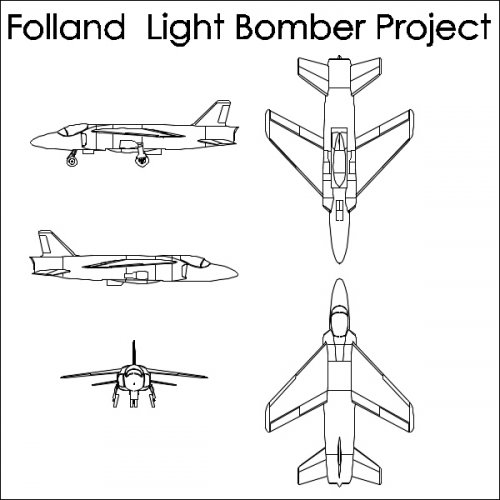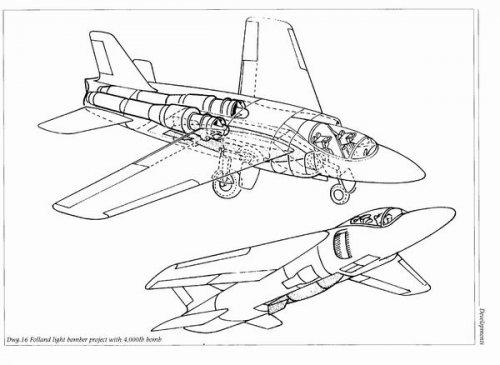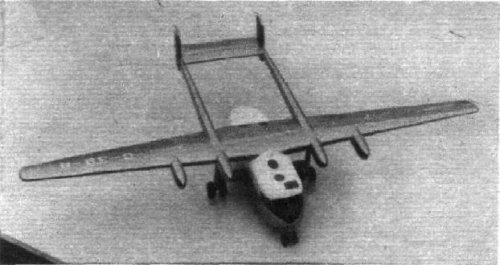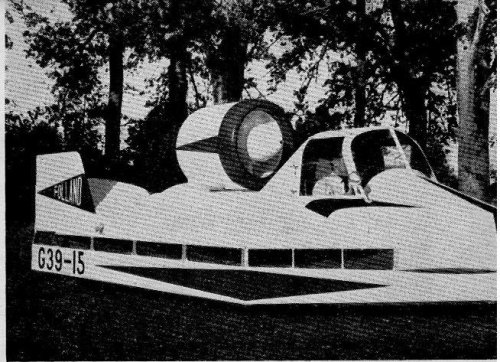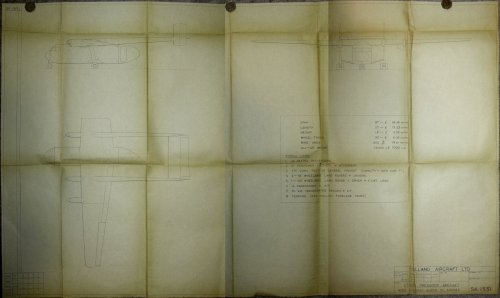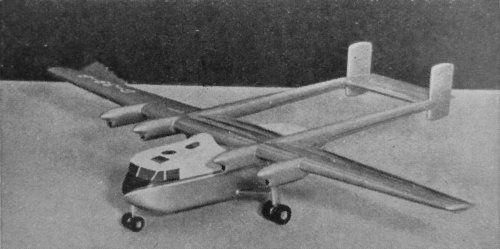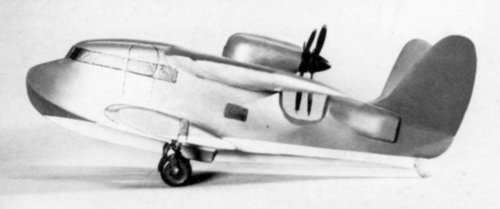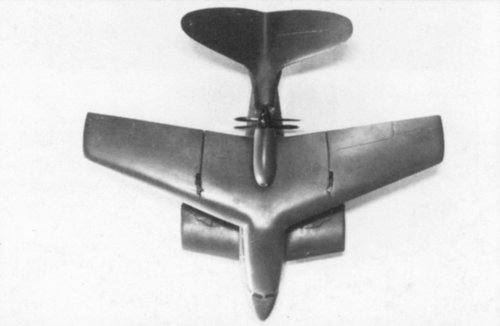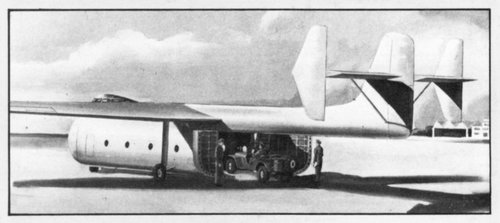- Joined
- 27 December 2005
- Messages
- 17,749
- Reaction score
- 26,383
Hesham, please try to limit yourself to one program per thread 
The Gnat replacement trainer requirement was AST 362.
HS1173, P45 and Fo-147 are well documented in Project Cancelled and British Secret Projects: Jet Bombers. I don't have anything about Hunting H-155. AST 362 was filled by the Jaguar, which was based on the HS1173 and Breguet Br121 ECAT, with the French leading. It ended up as a strike fighter, and the trainer requirement was eventually filled by the Hawker HS1182 project which became the Hawk.
The Gnat replacement trainer requirement was AST 362.
HS1173, P45 and Fo-147 are well documented in Project Cancelled and British Secret Projects: Jet Bombers. I don't have anything about Hunting H-155. AST 362 was filled by the Jaguar, which was based on the HS1173 and Breguet Br121 ECAT, with the French leading. It ended up as a strike fighter, and the trainer requirement was eventually filled by the Hawker HS1182 project which became the Hawk.

